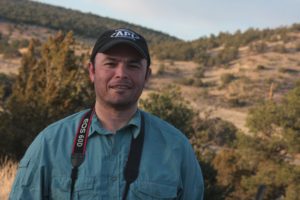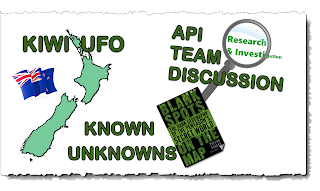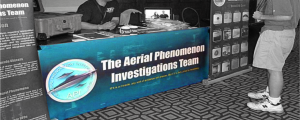This first appeared on API Case Files in audio form in 2014. It has been edited a bit to make it more suitable for a text post.
In the first installment of Unidentified Science, I said I was going to emphasize four important virtues: humility, patience, integrity, and skepticism. Of these, I think the first – humility – has been the most neglected in the UFO field. The kind of humility I am talking about here is “epistemic” humility: being honest with ourselves and each other about how little we reliably know, and how much what we know is overwhelmed by what we don’t know, understand, or have even imagined.
An example of one type of failure of humility – epistemic arrogance, let us call it – is the wide range of conjectures about non-human intelligence, and our eagerness to assign anomalous experiences to their activity.
I want to state plainly that it is not a stupid question to ask whether there are other intelligences than humans in the universe -beings like us in some ways – and whether we have ever been in direct contact with them. The arrogance comes in with connecting this naive but reasonable question with any claimed evidence or absence of evidence of alien visitation. It is overreaching to think we should somehow know what an alien visitation would look like, how they and their technology would behave, what the purposes of their visits would be, and what sort of phenomena we would detect should they be present.
Not only are we safe in saying that we simply don’t know these things, but just as likely in my view, ET intelligence – if it exists – is not only stranger than we imagine, it is stranger than we can imagine – to paraphrase the famous pronouncement know as “Haldane’s Law”. We just have no idea what to look for, except that it’s unlikely to be what we expect.
I will call the notion that an ET intelligence is responsible for some UFO events the “Extraterrestrial Conjecture” , and I’d like to explain why I don’t call it the “Extraterrestrial Hypothesis.”
Continue reading






